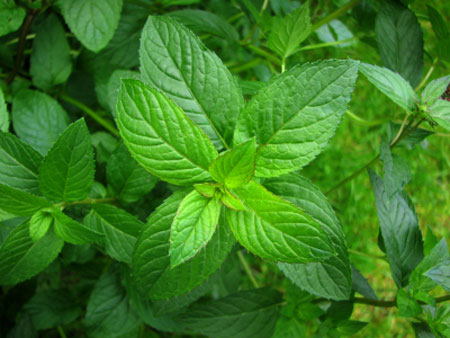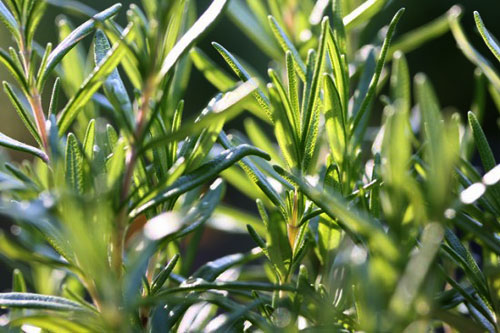Low temperatures and rainy weather seem to intensify joint pain. In this article we present some of the allies of nature that can help you fight joint pain. Joint pain is caused, in most cases, by rheumatism and arthritis problems. Nagging joints and swelling back pain makes difficult even the simplest household tasks.
For joint pain and other conditions, nature puts at your disposal a rich Pharmacy: Remedies with onions, mint and rosemary.
Did you know that peppermint calms joints?
Try massaging your joints with peppermint essential oil (you can buy from herbal stores), then add compresses with an infusion of mint. An infusion prepared as follows: add one tablespoon of mint herb to a cup of boiling water and leave covered for 10-15 minutes.
Compresses are applied daily, and can reduce pain in joints or back.
Decoction of onions reduces joint pain. Customary in the kitchen, onions help relieve joint pain. You can prepare a decoction of onions by boiling in one liter of water, three onions, well washed and sliced. Boil the mixture for 15 minutes, after which you can drink 2-3 cups per day of this decoction.
Also, buckthorn decoction can reduce joint pain. You can prepare 1-2 teaspoons of buckthorn bark, then add to a cup of hot water. Leave the cup covered for 1-2 hours, then boil the mixture over low heat for 15-20 minutes, filling back the evaporating water. Drink one cup of this decoction in the evening, before bedtime.
Rosemary, inflammatory actions
Especially for joint pain, should be consumed herbs that have detoxifying, diuretic, anti-inflammatory and painkiller effects: nettle, horsetail, devil claw, elderberry (Sambucus nigra), meadowsweet (Filipendula ulmaria), licorice (Glycyrrhiza glabra), juniper (Juniperus communis) and rosemary.
Hot compresses with cabbage leaves can reduce joint pain and sore wrist (prior to this, lubricated with marigold ointment). Massage with bee venom can also help relieve joint pain.
Typically, treatment for joint pain should be followed for longer periods, and it is good to be prescribed by an herbalist doctor, should be considered possible side effects of their interaction with plants or allopathic medicine.


